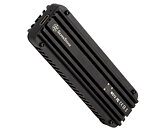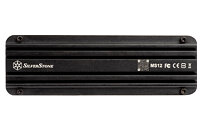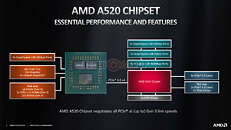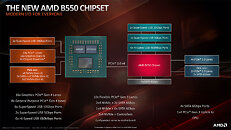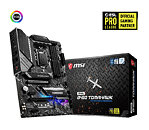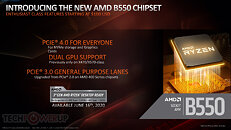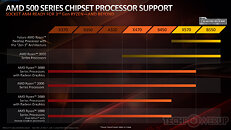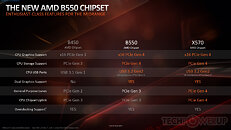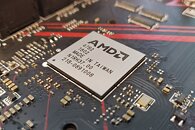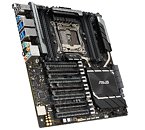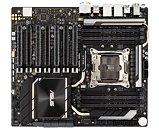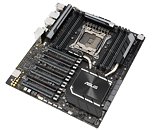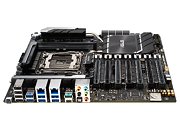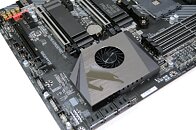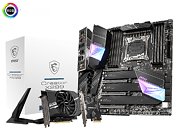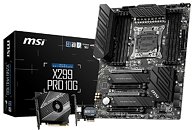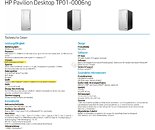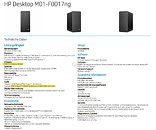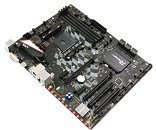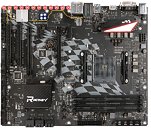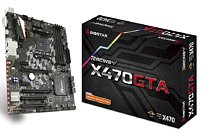
BIOSTAR Intros A620MH Aurora Socket AM5 Motherboard Based on A620A Chipset
BIOSTAR introduced the A620MH Aurora, a Socket AM5 Micro-ATX motherboard based on the AMD A620A chipset. In case you're wondering, the A620A is a revision of the A620 that's based on the same physical chip as the ASMedia Promontory driving AMD B550 chipset, according to this user on the AnandTech forums. First party documentation from AMD is sparse. The A620 (without the "A" suffix) is based on the newer Promontory 21 silicon, and is essentially a B650 with a few features disabled. The A620A, on the other hand, is practically a B550 on the Socket AM5 platform. Why this matters is that the chipset bus for the A620A (aka B550) is PCI-Express 3.0 x4; whereas the A620 uses PCI-Express 4.0 x4. The A620A appears to have the same downstream connectivity as the A620, and since even the A620 has PCIe Gen 3 for its chipset-attached M.2 NVMe slot(s), for the most part the performance difference will be negligible, unless there are other bandwidth-hungry devices connected to the chipset. On both the A620 and A620A, motherboard designers are allowed to wire out one CPU-attached M.2 NVMe slot capped at PCI-Express 4.0 x4.
The A620MH Aurora from BIOSTAR clearly mentions the A620A chipset on the box, and so you're making an informed buying decision. The board is built in the Micro-ATX form-factor, and draws power from a combination of 24-pin ATX and 8-pin EPS power connectors. You can only install Ryzen 7000 and 8000G series processors that have a TDP of 65 W. The processor is wired to two DDR5 DIMM slots for a maximum of 96 GB of memory capacity; one M.2 NVMe slot with PCI-Express 4.0 x4 wiring; and a PCI-Express 4.0 x16 slot. There are two PCI-Express 3.0 x1 slots from the A620A FCH. Storage connectivity besides the M.2 Gen 4 slot includes four SATA 6 Gbps ports. USB connectivity includes six USB 3.2 Gen 1 (including two from a header), and a handful of USB 2.0 ports.
The A620MH Aurora from BIOSTAR clearly mentions the A620A chipset on the box, and so you're making an informed buying decision. The board is built in the Micro-ATX form-factor, and draws power from a combination of 24-pin ATX and 8-pin EPS power connectors. You can only install Ryzen 7000 and 8000G series processors that have a TDP of 65 W. The processor is wired to two DDR5 DIMM slots for a maximum of 96 GB of memory capacity; one M.2 NVMe slot with PCI-Express 4.0 x4 wiring; and a PCI-Express 4.0 x16 slot. There are two PCI-Express 3.0 x1 slots from the A620A FCH. Storage connectivity besides the M.2 Gen 4 slot includes four SATA 6 Gbps ports. USB connectivity includes six USB 3.2 Gen 1 (including two from a header), and a handful of USB 2.0 ports.






































